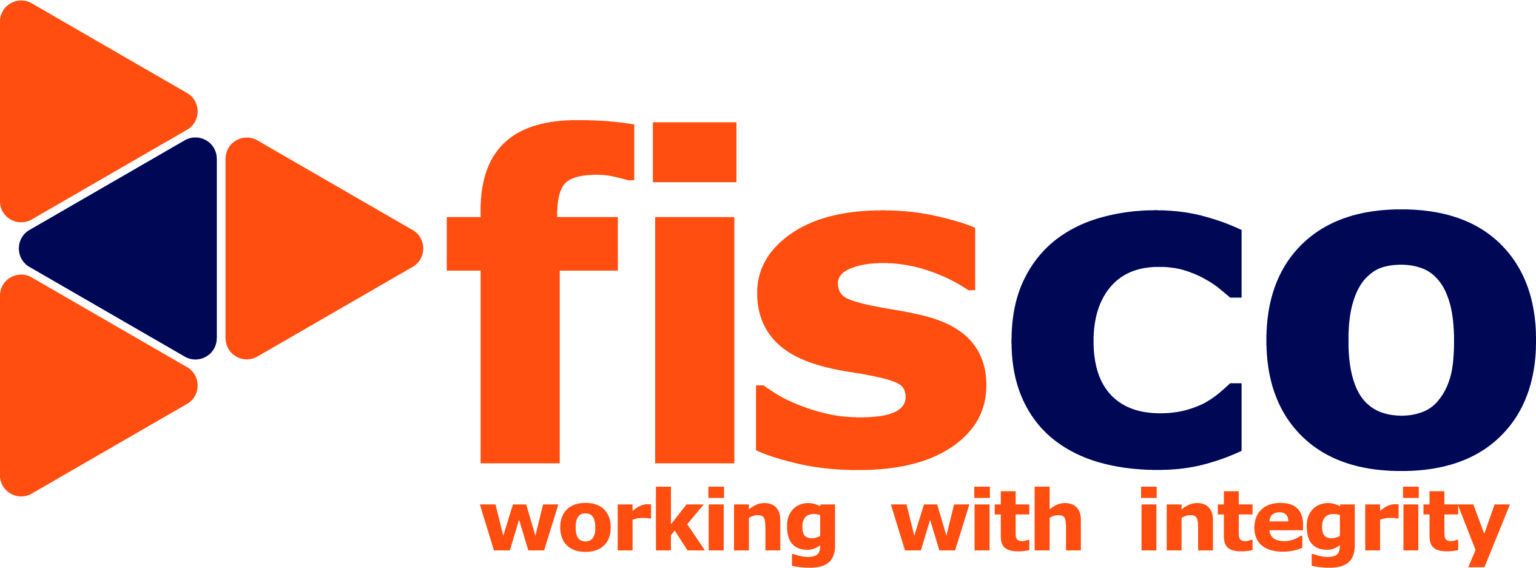Modern Slavery Statement
1. Structure, Business and Supply Chain
FISco is a leading provider of bespoke solutions in the provision of workplace services and products in the UK and one of our values key values is our commitment to corporate social responsibility. We believe transparency is the best way we can ensure our customers and staff that we are doing our best as an ethical corporate organisation. In that spirit, we have published our annual statement for slavery and human trafficking, made in compliance with section 54 of the Modern Slavery Act 2015, in which we explain how slavery and human trafficking can affect our business and the steps we are taking in the fight against it. This statement is intended to fulfil the legal requirement for a slavery and human trafficking on behalf of all companies associated with FISco Holdings. Our efforts against slavery and human trafficking complement our broader CSR policies
2. Slavery and Human Trafficking Policies
Notably, we developed our Slavery and Human Trafficking Policy, which can be found within our CSR Policy. We also updated our Supplier Code of Conduct. It sets out clear objectives for slavery and human trafficking plans around the following themes:
- Strengthening our supplier engagement process
- Encouraging suppliers to collaborate to address slavery and human trafficking issues
- Establishing grievance mechanisms and channels for individual worker feedback
- Improving our knowledge base by collecting relevant data and improving product traceability
- Building strategic third party alliances with independent relevant organisations
- Developing verifiable KPIs to measure progress
- Developing mechanisms with employees and suppliers to address slavery and human trafficking and improve labour standards
- Establishing a framework for organisation accountability to allow for raising issues, making suggestions, voicing grievances and reporting slavery and human trafficking
3. Due Diligence Procedures
We understand that our biggest exposure to Modern Slavery is in our supply chains, where we have undertaken activity minimise the risk of Modern Slavery. Within these areas, new and existing suppliers are subject to due diligence checks in the form of ethical/compliance assessment, or audits If issues are identified, appropriate investigative and remedial actions will be taken.
4. Identifying, Assessing and Managing Risk
We set out to identify the extent of any slavery and human trafficking in our supply chains by:
- Requesting suppliers to regularly confirm they are actively engaged with compliance of the Modern Slavery Act, as applicable
- Instituting an annual review questionnaire for existing suppliers to understand suppliers’ self-assessment of slavery and human trafficking issues, allowing us to better identify slavery and human trafficking issues as they develop over time and to collect supplier-provided data to track improvement in suppliers’ attitudes.
- Reviewing suppliers’ procedures and policy, particularly in areas of higher risk
- Making staff aware in identifying potential risk in their day to day dealings
- Collaborating with our suppliers to develop an improvement plans to address new and previously identified slavery and human trafficking issues
We discovered slavery and human trafficking to be most prevalent in third world product supply.
5. Key Performance Indicators
In order to assess the effectiveness of our modern slavery measures we will be reviewing the following key performance indicators:
- Staff training levels
- Number of slavery incidents reported in the supply chain
6. Training Available to Staff
A key part of our slavery and human trafficking strategy is to promote cultural change through training.
This next financial year we will:
- Deliver training modules on modern slavery to all staff
- Distribute reminders to our suppliers on slavery and human trafficking and workers’ rights
- Include Modern Slavery as part of company-wide improvement plan so our supply chain will be able to access to learn about modern slavery and human trafficking, understand their rights and anonymously report any slavery and human trafficking issues in their workplace.
